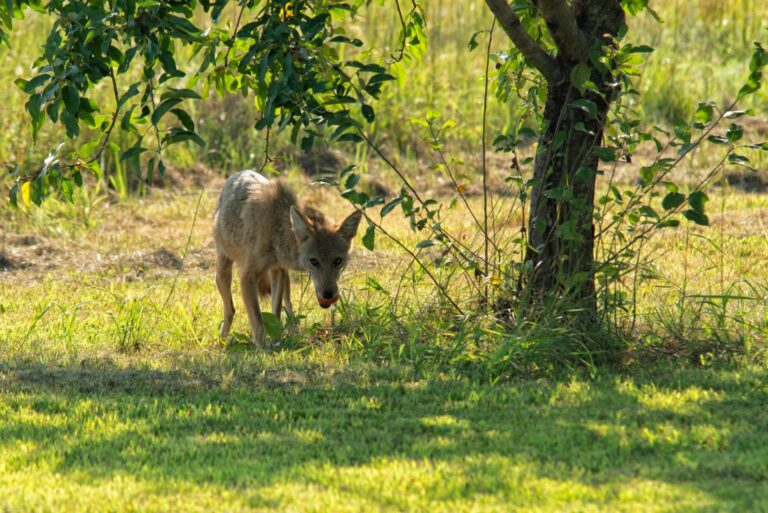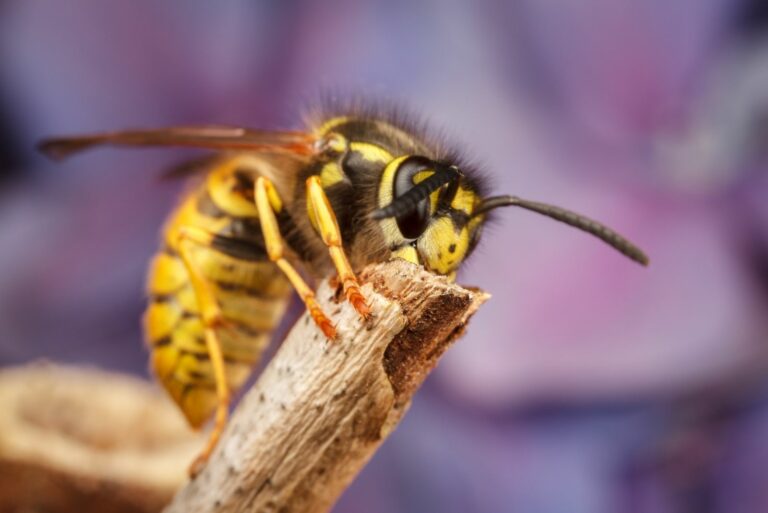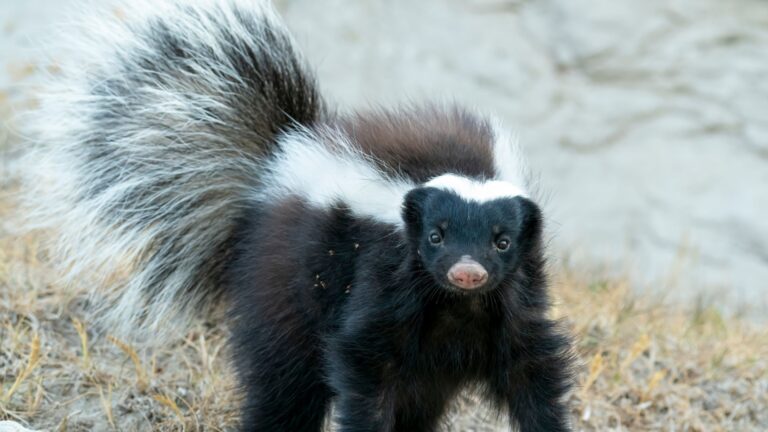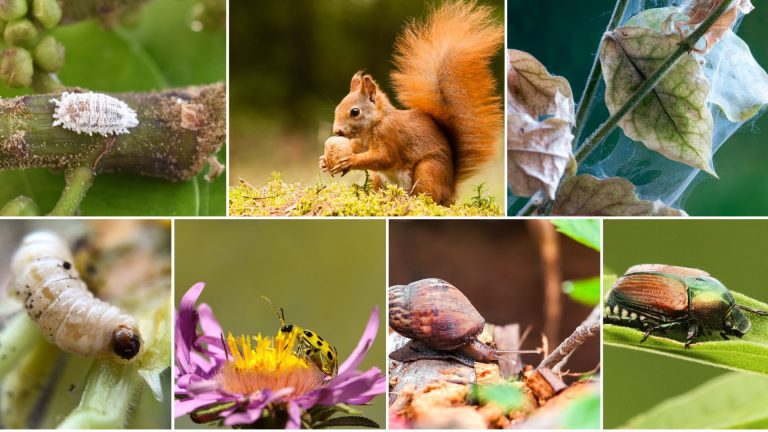New Jersey Residents Use These 11 Plants To Repel Rats Naturally
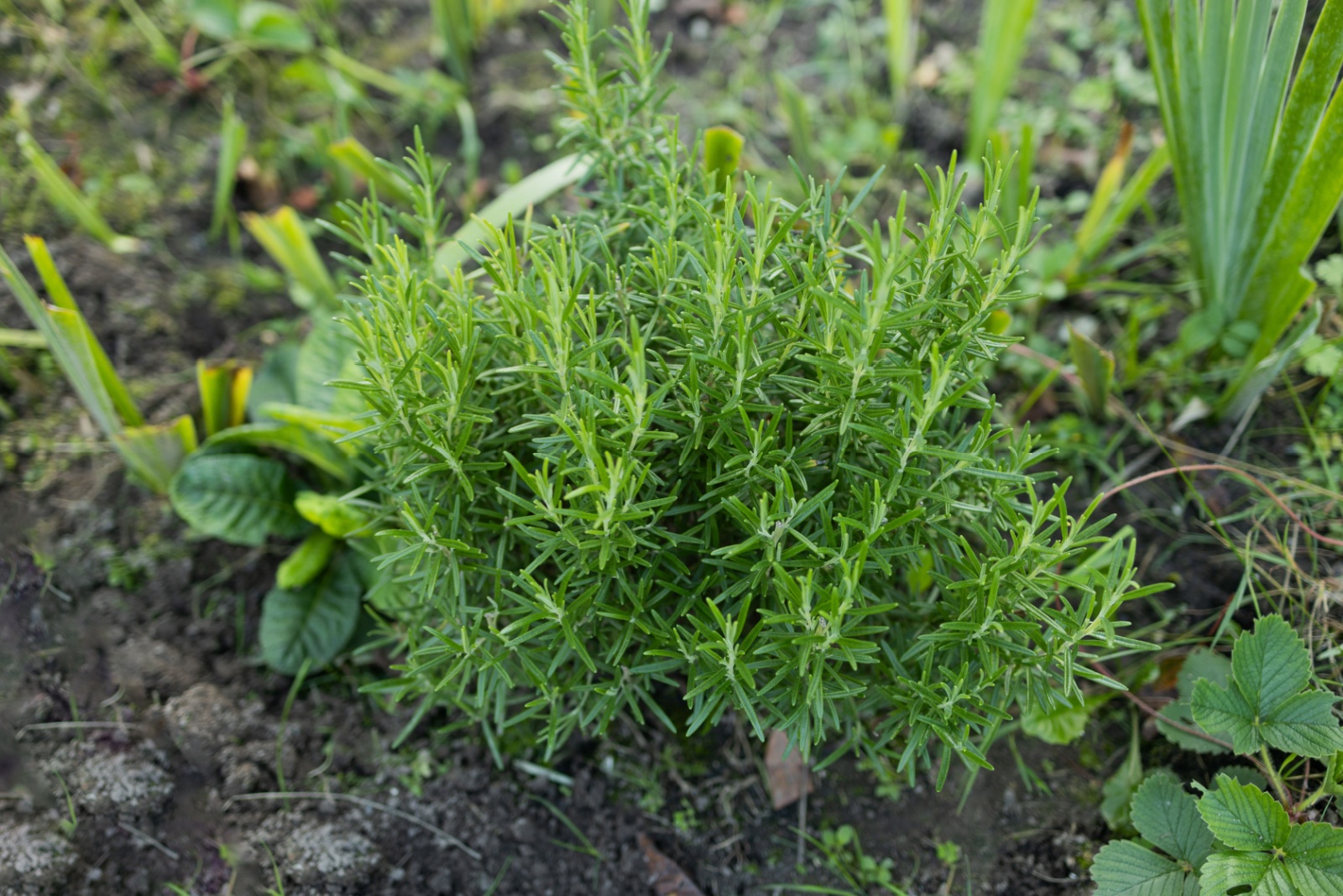
Rats can be a real problem for homeowners in New Jersey, causing damage and spreading disease. Instead of using harsh chemicals or traps, many people are turning to nature for help.
Certain plants have strong scents and properties that rats absolutely hate, making them a safe and eco-friendly way to keep these pests away from your home and garden.
1. Peppermint
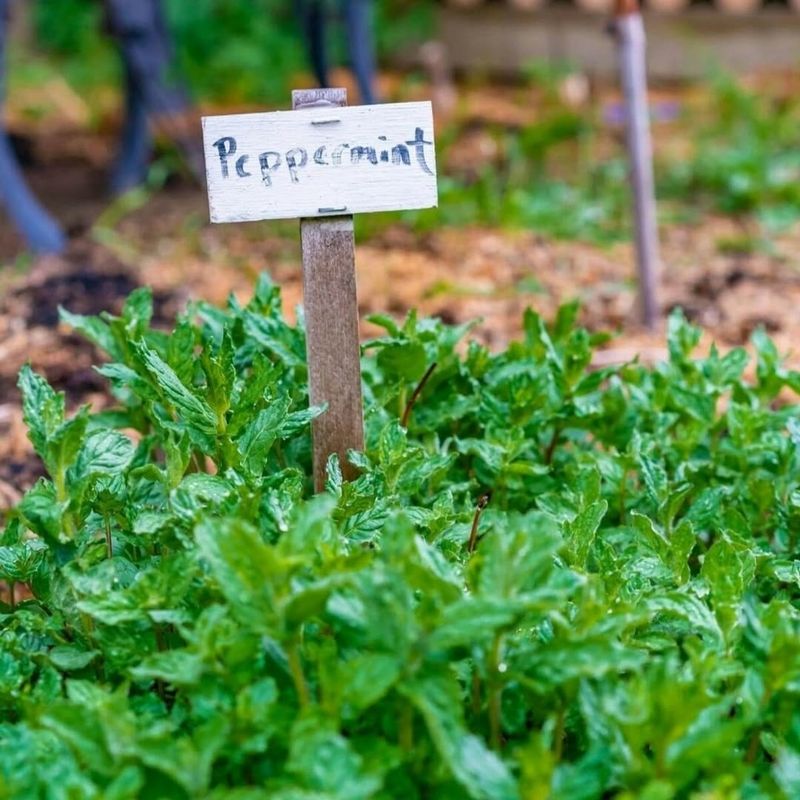
Peppermint packs a powerful punch when it comes to keeping rats away. The strong menthol smell overwhelms their sensitive noses, making them run in the opposite direction.
You can plant peppermint around your New Jersey home’s foundation or near entry points where rats might try to sneak in. It grows quickly and spreads easily, creating a natural barrier.
Plus, you can harvest the leaves for tea or cooking, giving you double the benefits from this amazing herb.
2. Lavender
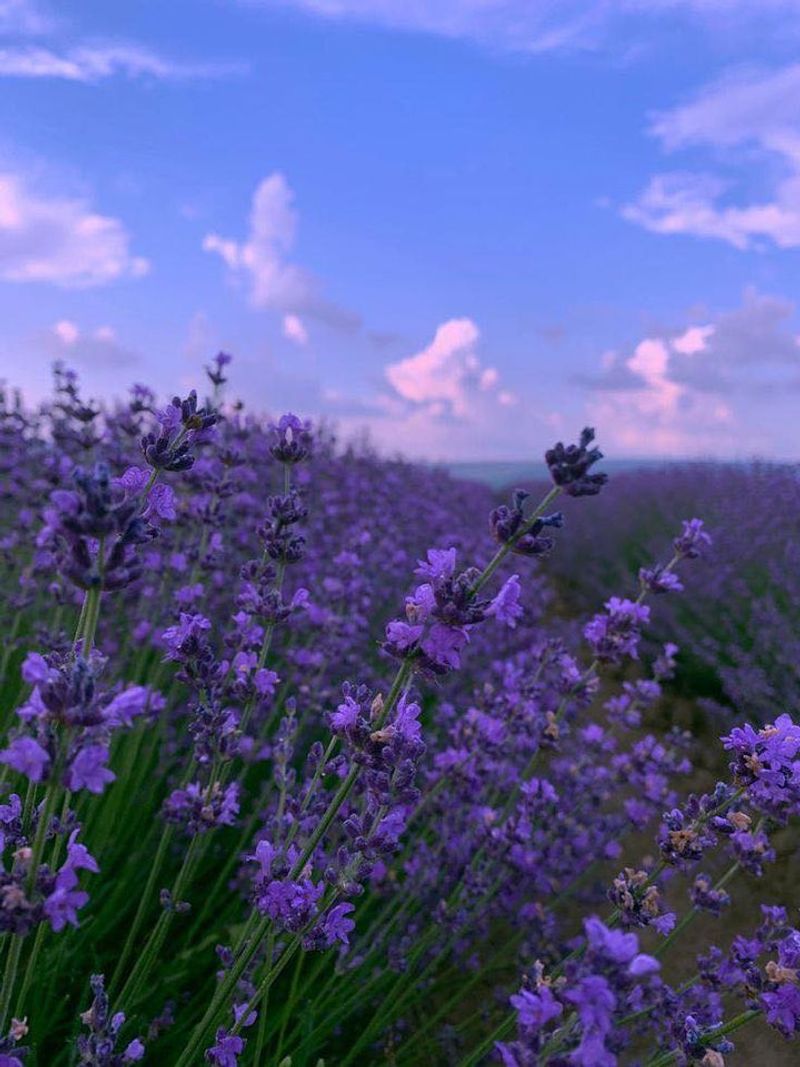
While humans find lavender calming and pleasant, rats can’t stand its fragrant oils. The purple blooms release a scent that confuses and repels rodents effectively.
Plant lavender along walkways, near doorways, or in window boxes for maximum protection. It thrives in New Jersey’s climate and requires minimal maintenance once established.
As a bonus, butterflies and bees love lavender, so you’ll attract helpful pollinators while keeping unwanted pests away from your property.
3. Rosemary
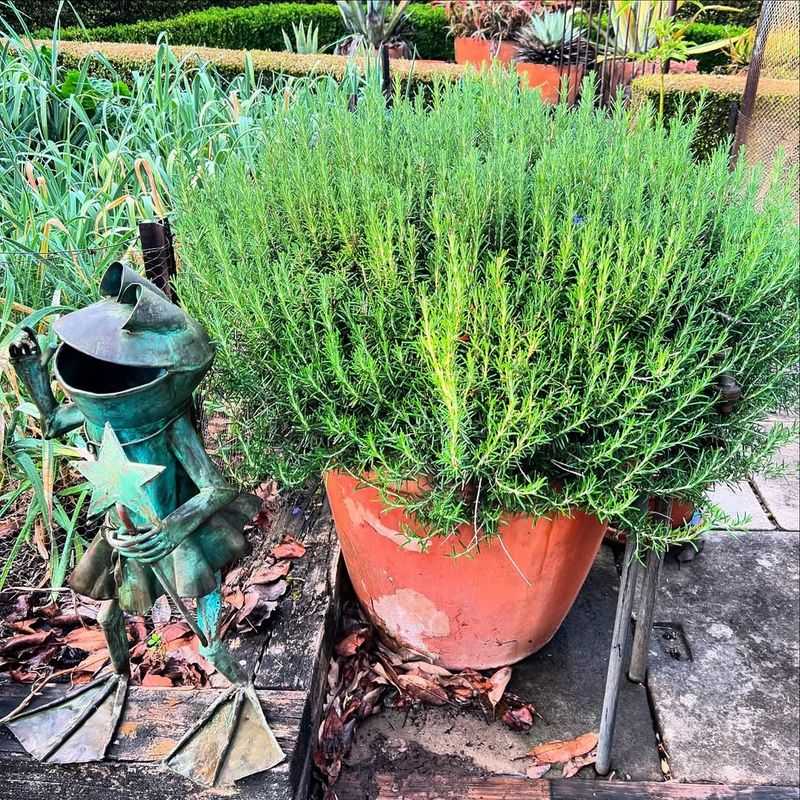
Rosemary isn’t just for seasoning your favorite dishes anymore. Its woody stems and pungent aroma create an environment that rats find absolutely unbearable and will avoid.
Growing rosemary near garbage bins or compost areas works particularly well since these spots often attract rodents. The plant is hardy and can survive New Jersey winters with proper care.
Snip off branches whenever you need fresh herbs for cooking, making this both a practical and protective addition to your yard.
4. Marigolds
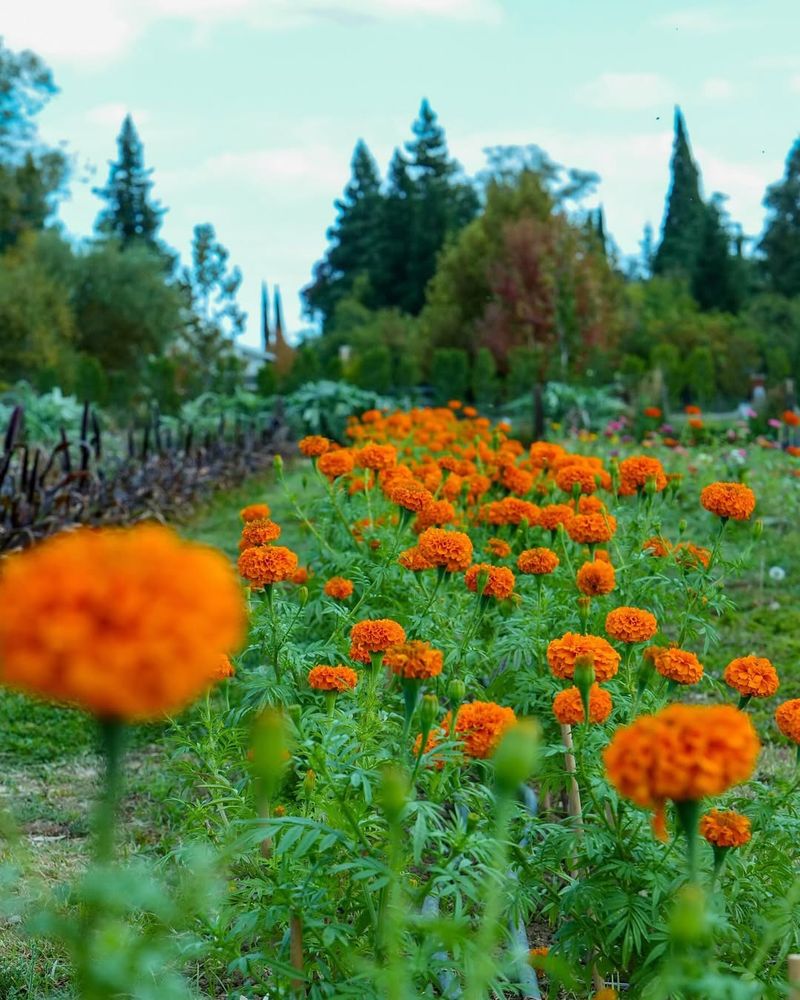
Did you know marigolds produce a chemical compound called alpha-terthienyl that repels many pests, including rats? Their bright cheerful blooms hide a secret weapon against unwanted visitors.
Border your New Jersey vegetable garden with marigolds to protect your crops from rodent damage. They’re incredibly easy to grow from seeds and bloom continuously throughout the growing season.
The strong, somewhat spicy scent keeps rats at bay while adding gorgeous pops of color to your landscape design.
5. Garlic
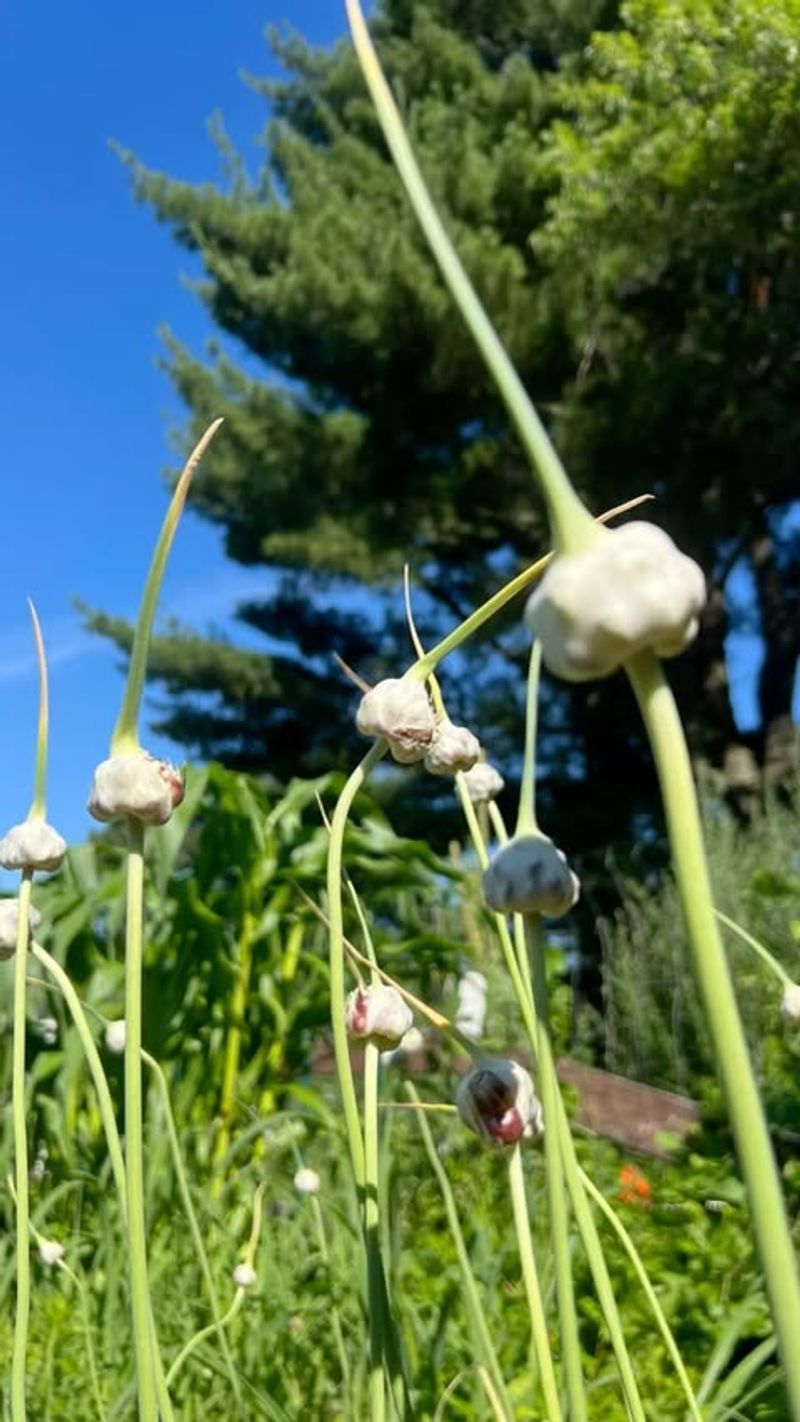
Garlic’s reputation for repelling vampires extends to rats too! The sulfur compounds in garlic create an odor that rodents find offensive and irritating to their respiratory systems.
Plant garlic bulbs around the perimeter of your New Jersey property or near vulnerable areas like sheds and basements. Each bulb multiplies underground, creating more protection over time.
Harvest the bulbs for cooking while the green shoots continue working as natural rat deterrents throughout the season.
6. Daffodils
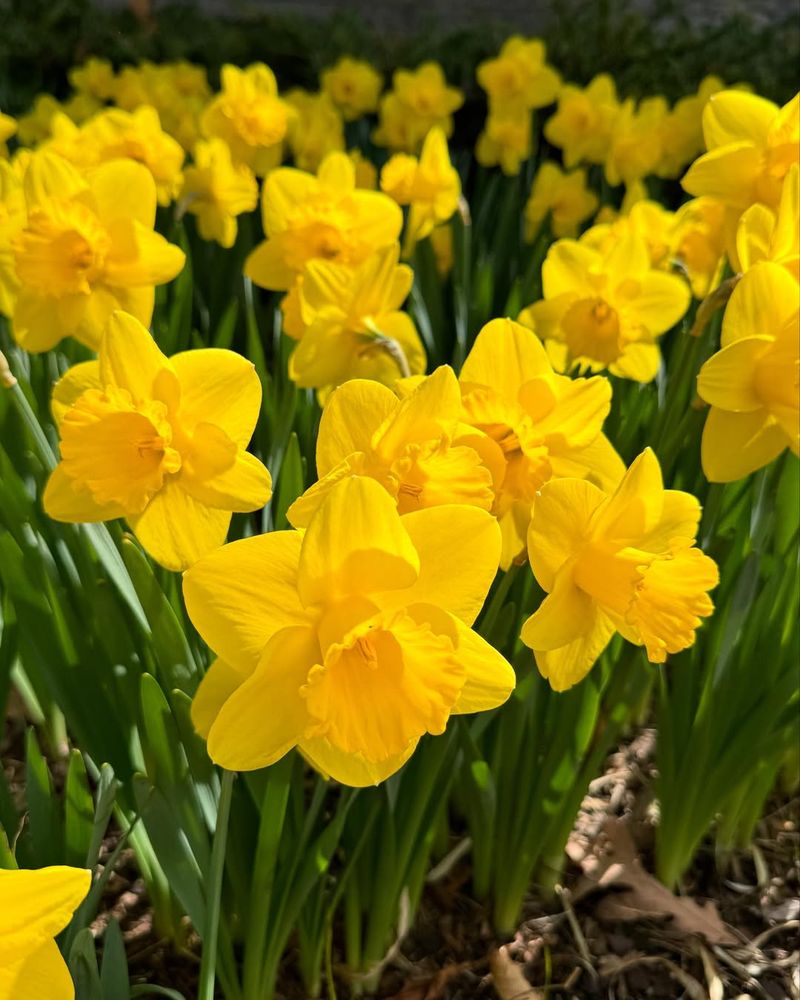
Daffodils contain toxic alkaloids that make them poisonous to rats and other rodents who instinctively avoid them. Their cheerful yellow blooms signal danger to these unwanted pests.
Plant daffodil bulbs in the fall around your New Jersey home’s foundation or garden edges for springtime protection. They return year after year, requiring almost no maintenance.
Rats quickly learn to stay away from areas where daffodils grow, making them an excellent long-term solution for natural pest control.
7. Mint Varieties
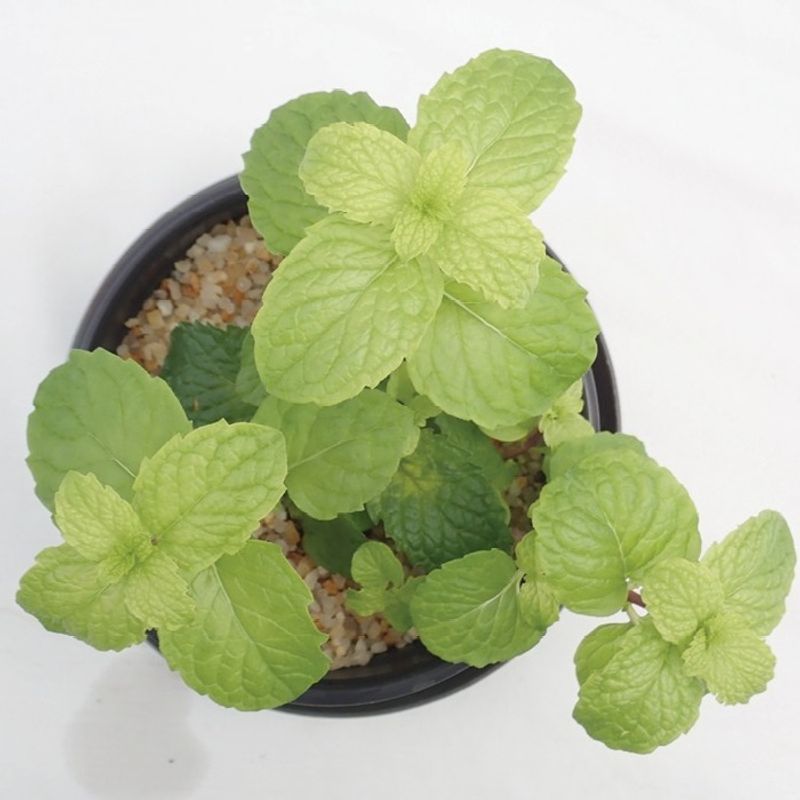
Beyond peppermint, other mint varieties like spearmint and chocolate mint work wonders at repelling rats naturally. Each type releases strong aromatic oils that overwhelm rodent senses.
Consider planting mint in containers since it spreads aggressively and can take over New Jersey garden beds. Place potted mint near entry points, patios, or problem areas.
The leaves stay fragrant even when dried, so you can make sachets to place indoors where rats might enter your home.
8. Onions
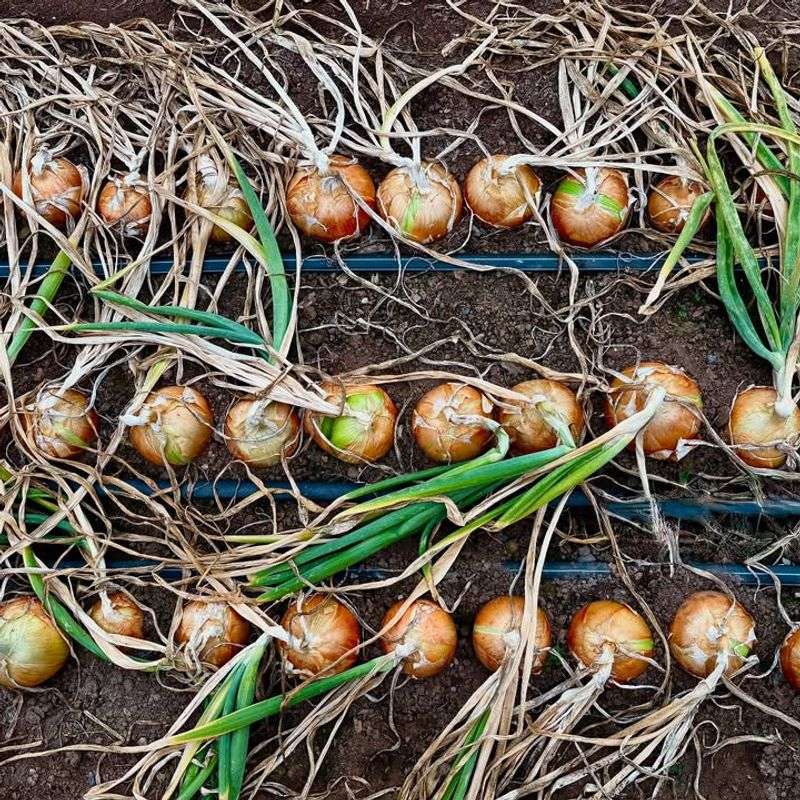
Onions share garlic’s pest-repelling superpowers thanks to similar sulfur compounds. Rats dislike the pungent smell and avoid areas where onions are growing or stored.
Grow onions in your New Jersey vegetable garden or around the edges of your property for dual-purpose protection and harvest. They’re surprisingly easy to cultivate from sets or seeds.
Even onion scraps and peels can be scattered around problem areas temporarily to deter rats until permanent solutions are established.
9. Catnip
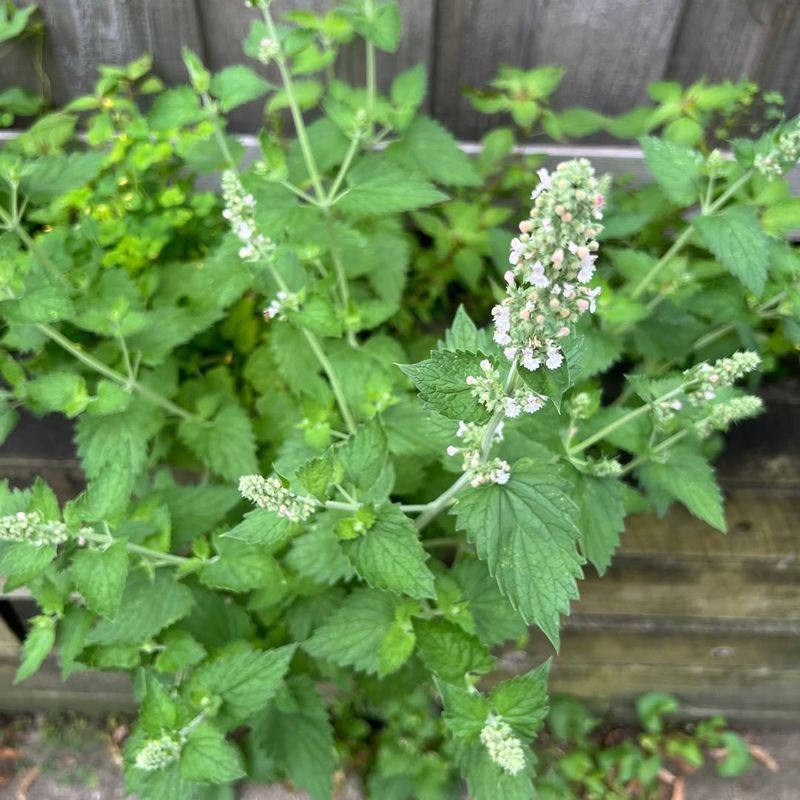
While cats go crazy for catnip, rats can’t stand it! The nepetalactone oil in catnip leaves acts as a powerful natural repellent against rodents and other pests.
Plant catnip near foundations, fences, or anywhere you’ve noticed rat activity. It grows vigorously and spreads quickly, creating effective barriers.
If you have outdoor cats, they’ll enjoy rolling in it while simultaneously helping keep your New Jersey property rat-free through their presence and the plant’s natural properties.
10. Black Pepper Plant
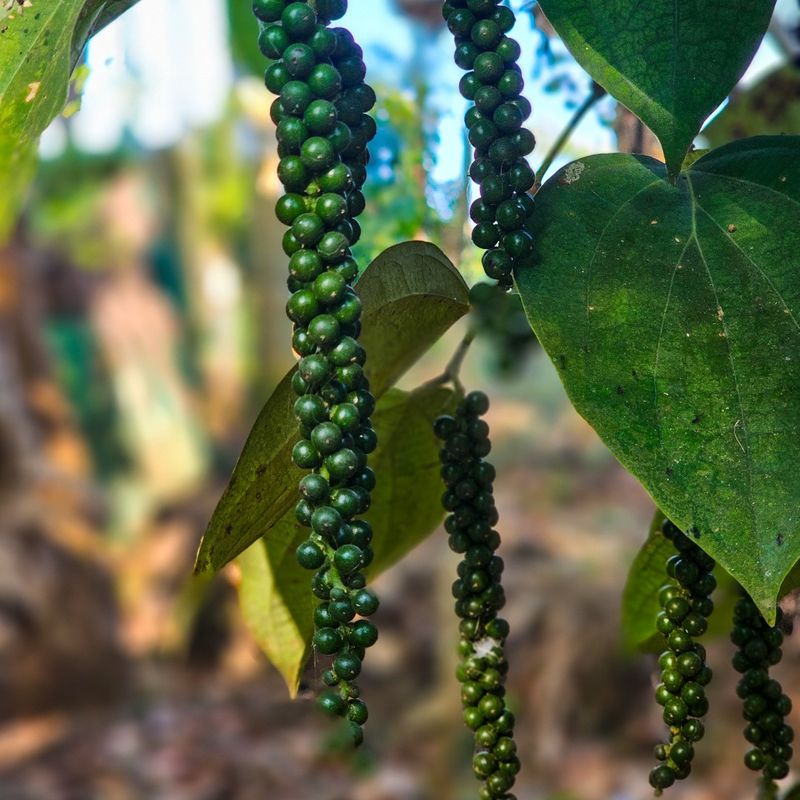
Black pepper plants produce piperine, a compound that irritates rats’ sensitive nasal passages and makes breathing uncomfortable. Even the smell of ground pepper works as a deterrent.
While harder to grow in New Jersey’s climate, potted black pepper plants can thrive indoors near potential entry points. Alternatively, sprinkle ground pepper around outdoor problem areas.
The spicy scent creates an invisible barrier that rats refuse to cross, protecting your home without harmful chemicals or traps.
11. Elderberry
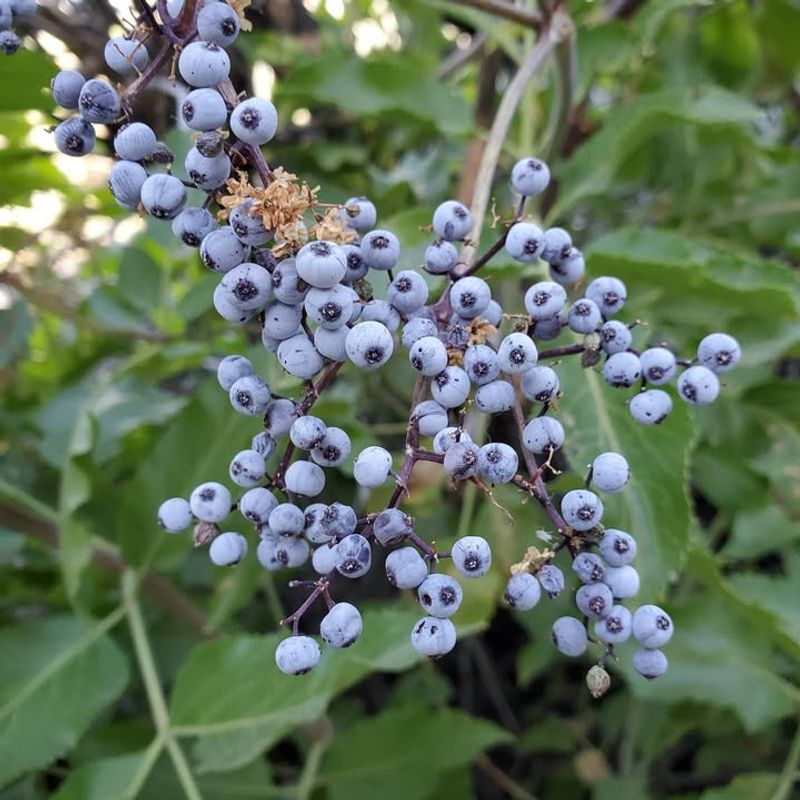
Elderberry bushes contain compounds in their leaves and unripe berries that rats find distasteful and potentially toxic. The plants naturally discourage rodent activity in surrounding New Jersey areas.
Plant elderberry shrubs along property boundaries or near outbuildings where rats might nest. They grow tall and provide excellent screening while offering protection.
When the berries ripen, you can harvest them for delicious jams and syrups, making elderberry both a protective and productive landscape choice.

